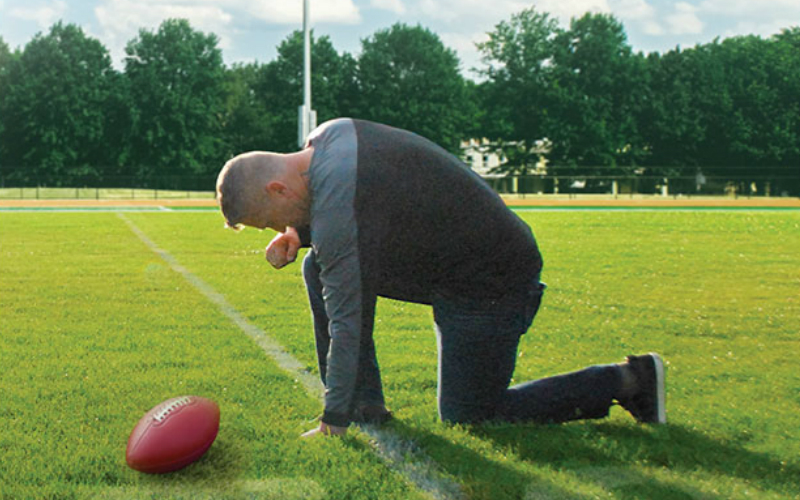In a flurry of landmark rulings in recent weeks, two big decisions came down last Thursday. In an 8-1 opinion, the justices gave two Republican legislative leaders the right to participate in a lawsuit challenging North Carolina's photo I.D law. A lower court had ruled the lawmakers' interests were being adequately represented by the state's attorney general, Democrat Josh Stein. But the justices disagreed and sided with state Sen. Philip Berger and state Rep. Timothy Moore.
Horace Cooper, a legal commentator with Project 21, predicts that ruling will likely set a precedent for other state legislatures to follow since it says a state law must be defended even if the opposing political party disapproves of it.
“That ruling,” argues Cooper, “says, indeed, the state legislature may still continue to argue and represent the interests that they've put forward."
North Carolina’s legislature passed the voter I.D. law in 2018 but the NAACP sued to stop it.
In a much bigger decision, Cooper says he applauds the 6-3 decision in which the justices struck down a New York law requiring citizens to demonstrate a need to carry a firearm in public in order to get a license to do so. That demand violates the Second Amendment right to "keep and bear arms,” the justices stated.
“The Supreme Court said it's a right for every single American,” Cooper tells AFN.

In his majority opinion, in fact, Justice Clarence Thomas directly addressed the issue of black Americans and self-defense in his decision. The black conservative justice pointed out that the infamous Dred Scott ruling from the court, written in 1857, “fretted” that free blacks would be entitled to own and carry firearms “wherever they went” as free U.S. citizens.
“Thus,” Thomas wrote, “even Chief Justice Taney recognized (albeit unenthusiastically in the case of blacks) that public carry was a component of the right to keep and bear arms – a right free blacks were often denied in antebellum America.”
Cooper says the fastest-growing customer base for firearms and a concealed-carry permit is black Americans who want to protect themselves and their families.







